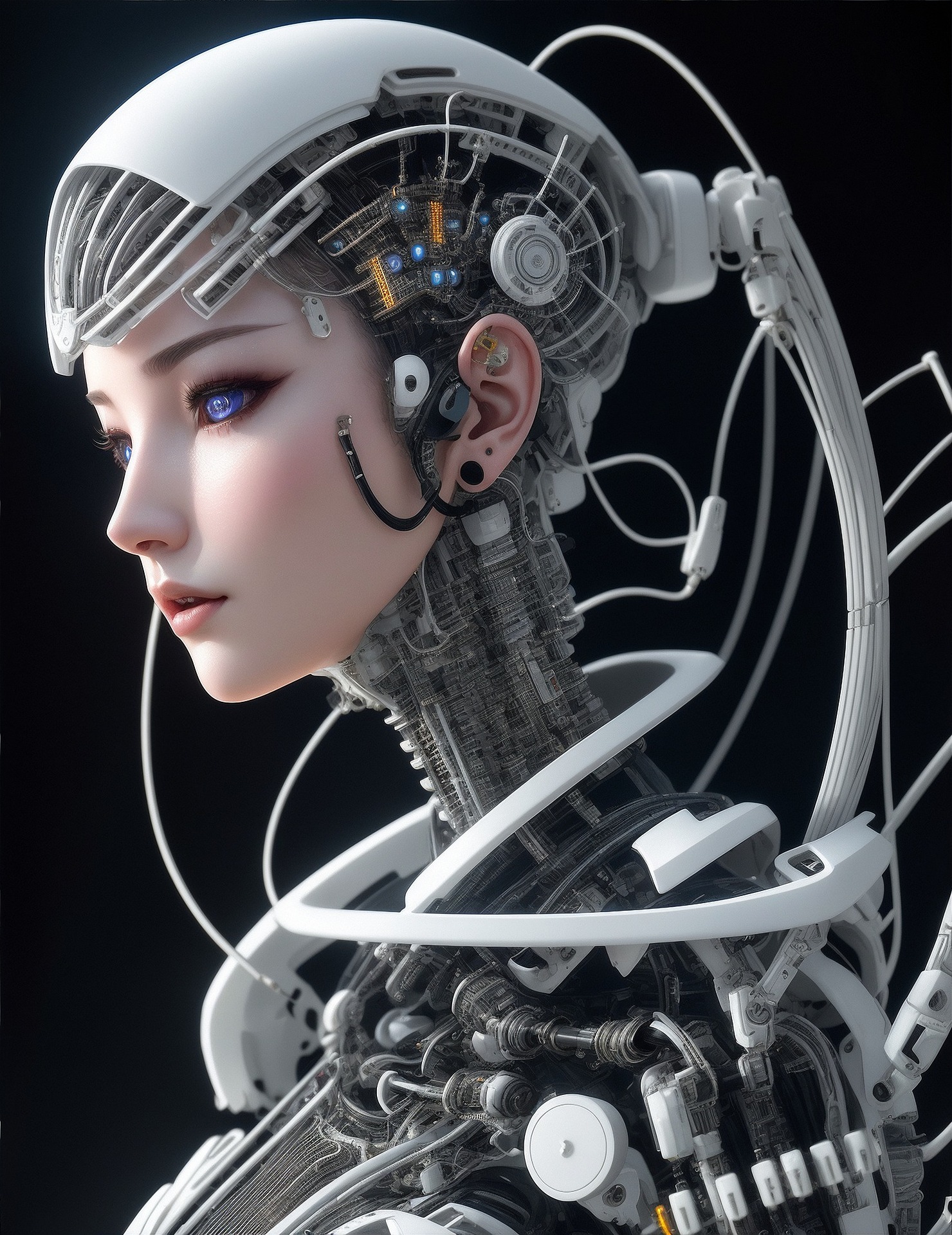AI Engineering: Shaping the Future of Technology and Innovation
Artificial Intelligence (AI) engineering is an interdisciplinary field that integrates advanced computational systems, machine learning algorithms, and deep learning techniques to create intelligent machines capable of performing tasks that traditionally require human cognition. The role of AI engineering is fundamental in shaping the future of technology by automating complex processes, enabling data-driven decisions, and enhancing user experiences across various industries.

The potential applications of AI engineering are vast
In healthcare, AI is transforming diagnostics, drug discovery, and personalized medicine. In transportation, self-driving cars and intelligent traffic management systems are being developed. AI is also playing a significant role in finance, cybersecurity, manufacturing, and customer service. By automating repetitive tasks and analyzing large datasets, AI technologies are driving efficiencies and innovation.
A key component of AI engineering is machine learning (ML)
a subset of AI that focuses on creating algorithms that allow machines to learn from experience without being explicitly programmed. Deep learning, a branch of ML, uses neural networks to process large amounts of unstructured data, such as images, speech, and text, enabling more advanced AI capabilities like facial recognition and natural language processing.
AI engineering also faces significant challenges. One of the most pressing concerns is the ethical implications of AI systems. Issues such as data privacy, algorithmic bias, and the potential for job displacement are areas that need careful consideration. Additionally, the development of AI technologies must be done with attention to security to prevent malicious use or unintended consequences.

The future of AI engineering is promising
with ongoing advancements in computational power, data availability, and algorithmic innovation. As AI continues to evolve, it will play an even more central role in transforming industries and solving complex global challenges. AI engineers will remain at the forefront of these developments, driving technological progress and shaping the future of how machines interact with the world.
The Role of Communication Skills in Building Stronger Teams and Workplaces
In the workplace, communication skills play a vital role in fostering teamwork, collaboration, and productivity. Clear communication ensures that tasks are understood, deadlines are met, and everyone is aligned with common goals. It also reduces the chances of conflicts and misunderstandings that may arise due to poor communication. In leadership, strong communication abilities inspire confidence and motivate employees. Furthermore, effective communication in diverse teams helps bridge cultural and language differences, promoting inclusion and creating a harmonious working environment.
Conclusion
In conclusion, AI engineering is a rapidly evolving field with immense potential to impact every aspect of modern life. Through the creation of intelligent systems that learn, adapt, and solve problems, AI engineers are unlocking new opportunities and redefining the possibilities of what machines can achieve. As this technology matures, its influence will only grow, and AI engineers will be instrumental in guiding its responsible and effective implementation.